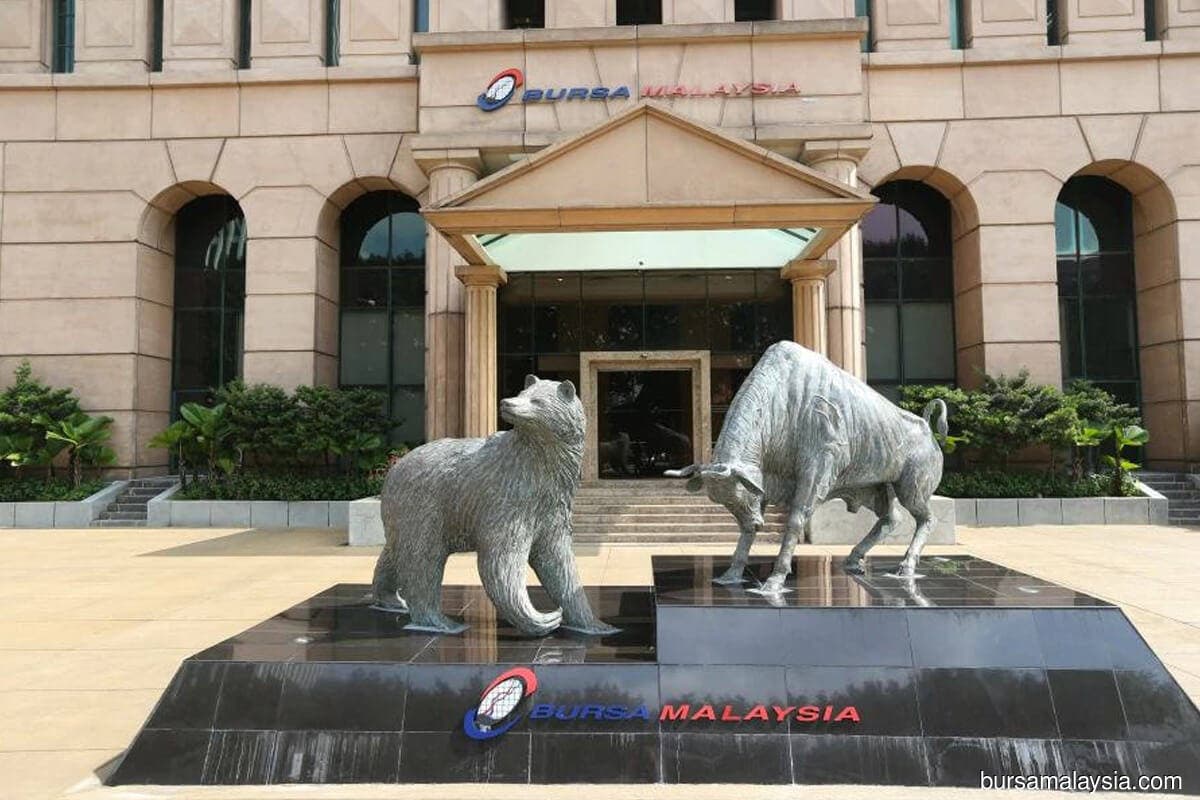
KUALA LUMPUR (Oct 5): Bursa Malaysia Bhd’s foreign shareholding continued to slip, slumping to 7.8% in September 2022 — its lowest level on record.
The previous low was 13.6%, recorded in August 2022, according to data provided on the local bourse’s website.
The stock exchange’s foreign shareholding has been on a declining trend for three consecutive months, sliding from 14.8% in July to 13.6% in August before slipping to 7.8% in September.
Foreign investors posted their largest year-to-date monthly sell-of of RM1.6 billion in September, a reversal from August’s net buy of RM2.1 billion, CGS-CIMB said in a strategy note dated Oct 3.
“This lowered the cumulative foreign net inflow for 9M22 [nine-month period] to RM6.6 billion and increased the cumulative net foreign outflow since 2010 to RM28.2 billion. The net selling by foreign investors was one of the key contributors to the weak market returns in September,” said the research house.
Bursa’s average daily trading volume (ADV) appears to be trailing at RM1.62 billion in the third quarter of 2022 (3Q22), compared to RM2.1 billion in 2Q22, and RM2.89 billion in 3Q21, said Kenanga Research. “This comes close to our expected ADV for the period at RM1.55 billion,” it said in a note on Wednesday (Oct 5).
Trading activities on Bursa slowed further during the period from fears of global recession stemming from the US Federal Reserve’s aggressive policy tightening.
“However, the later part of the period did pick up gradually with better corporate earnings performance boosted by recovering economic prospects. With that, we anticipate 4QCY22 ADV to come in close to RM1.8 billion, translating to a full CY22 reading of RM2.03 billion (vs. CY21: RM3.56 billion).
“Aside from the absence of bumper commodities and healthcare-related trading, lower comparative participation could be due to higher interest rates diverting retail investors to move their funds to more secure deposit products with more modest returns against prior periods,” said Kenanga.
Looking towards 2023, Kenanga forecasts Bursa’s ADV to grow to RM2.23 billion, mainly spurred by the 15th general election, which is likely to be held in the first quarter next year. The general election has been a trading catalyst as investors will seek to position in line with their expectations of the election's results and recalibrate their portfolio if expectations are not met.
“Heavy foreign investor outflow could also be triggered if policy uncertainties ripple from the election outcome. That said, there could be a gradual cooling off in the 2HCY23 period unless strong macros develop,” it said.
Kenanga ups Bursa’s forecasts, target price on higher ADV
Kenanga said it slightly tweaked its forecasts for Bursa’s earnings for FY22 by 1% and FY23 by 3% due to higher expectation of ADV levels.
“With that, we estimate its 3QFY22 to report net earnings of RM50 million-RM55 million (-35% y-o-y, -10% q-o-q). Trading income makes up at least two thirds of Bursa’s total income and will likely remain the lion’s share as its other income from listing and depository services also hinges on the overall sentiment of the equities market,” it said.
Bursa’s upcoming earnings release is slated to be on Oct 31.
Kenanga maintained its "market perform" rating with a higher target price (TP) of RM6.50 from RM6.30 previously.
“Our TP is based on an unchanged 20 times forecasted FY23 PER (price-to-earnings ratio), in line with its global exchange peer average and pre-pandemic valuations, which is fairly valued at current levels. The group has been persistently vying for methods to improve efficiency which is testament to its leading ROEs (returns on equity).
“Additionally, though the group has been benefiting from [the] equities rally in recent years, management has been proactively working towards developing other revenue streams to cement its long-term sustainability,” Kenanga added.
Shares of Bursa rose five sen or 0.81% to RM6.26 as at the time of writing on Wednesday, giving it a market value of RM5.07 billion.